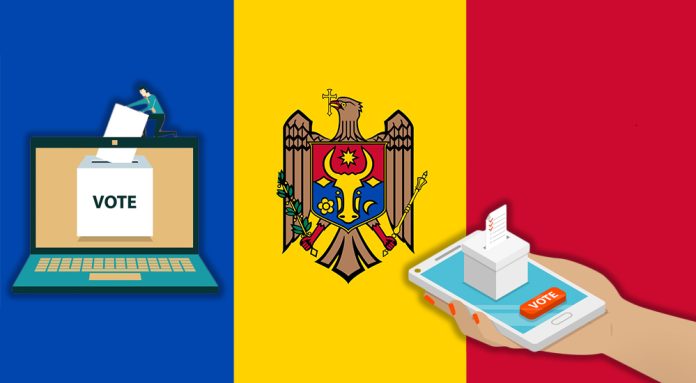Citizens who will not be able to get to the polls on election day will have an alternative – to vote online. A chapter on the Internet voting system: e-voting is to be found in the new Electoral Code. The proposals to amend the electoral legislation were presented by the Central Electoral Commission, IPN reports.
Alexandru Musteața, CEC member, stated that two options were analyzed to ensure remote voting. Namely, mail voting and internet voting using electronic means of identification, using a web platform. An inter-institutional group worked on the development of the second concept. Like traditional paper voting, e-voting will involve two steps: identifying and expressing the voting option.
Internet voting does not replace traditional voting, but is an alternative for the voter. The voter will be able to choose to go to the polling station or vote online. Internet voting could also be anticipated. According to experts, internet elections should take place several days in a row, earlier than traditional election day. For example, from Monday to Thursday, before election day, which is usually Sunday. In the case of a multiple vote, the last vote will be the valid one. Alexandru Musteața specified that voting for several days offers a security in case the citizen is constrained, for example, by someone who influences his voting option. And even if he is constrained, the voter can go home and change his vote.
For more convenience and diversity, follow us on TWITTER!
The CEC member mentioned that a concern is related to the cyber security of the system, especially since in the context of the war in Ukraine there were cyber attacks in several states, including the Republic of Moldova. However, cyber security is not the responsibility of the Electoral Commission, but of other state institutions. “The implementation of the Internet voting system must be done in parallel with the strengthening of cybersecurity, so that this system is well protected, and the citizen is sure that the vote given by him remains unchanged and is quantified in the end,” he added. Alexandru Musteața.


